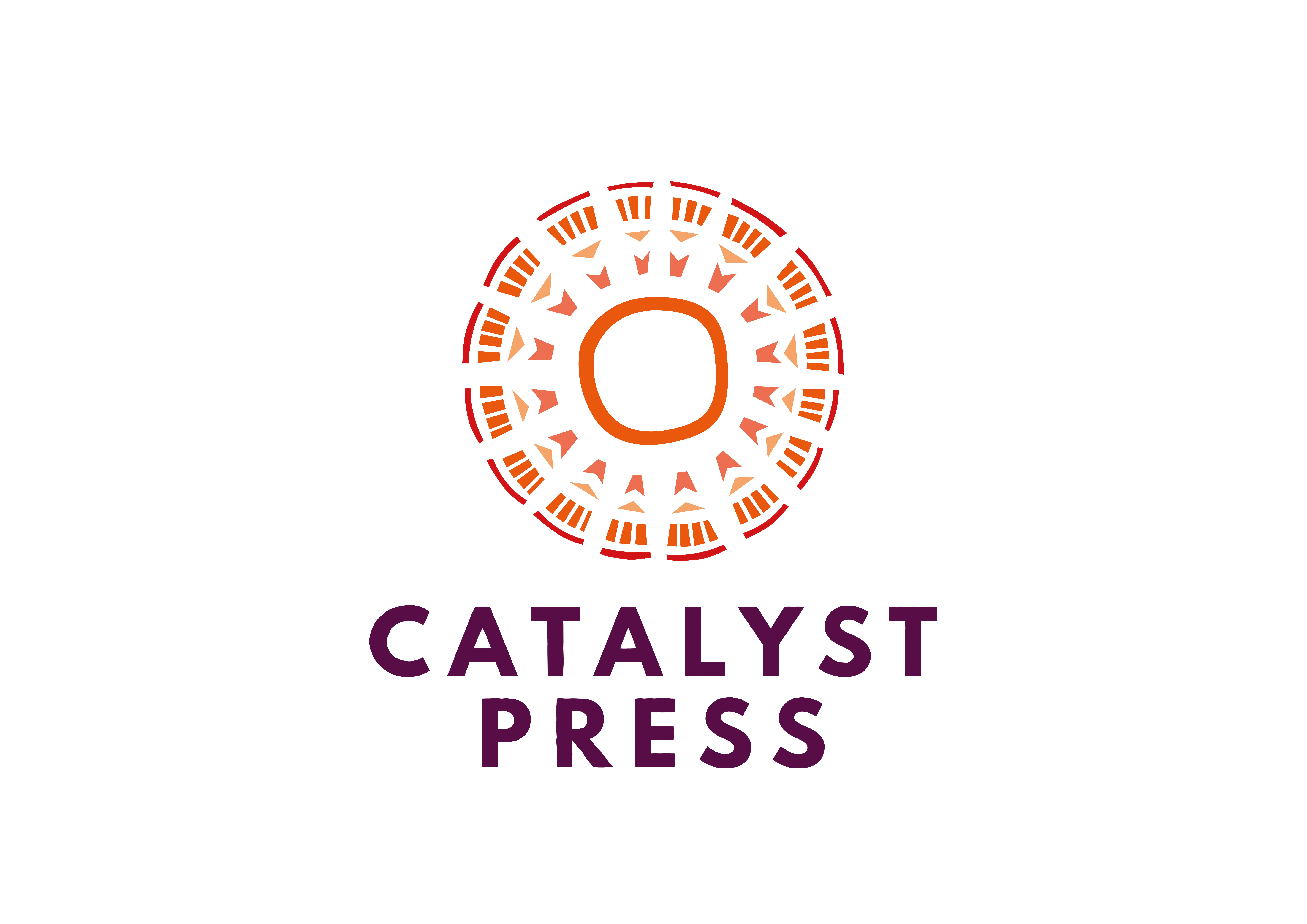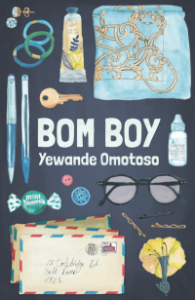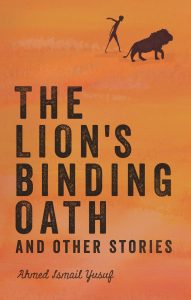Author Yewande Omotoso (Bom Boy) recently published this essay in the Sunday Times (South Africa) about enduring the coronavirus pandemic. We have republished it here with permission of the author.
We Need The Courage to Live Through This Wide Awake
That which cannot be explained can be comprehended, and endured, in silence
Without intending to seem callous, the question comes to me: our world is fraught with crises, what is it about this one that has captured us so?
Perhaps it is in Covid-19’s knack for globality, its capacity – helped along by our technologies of fast transportation – to roam the planet touching what it pleases. This free-roaming characteristic, the apparent opposite of the ecological crisis, the malaria crisis or, localised in a different way (within certain kinds of bodies for instance), the rape crisis.
As Arundhati Roy put it in a recent article in the Financial Times: “Coronavirus has made the mighty kneel and brought the world to a halt like nothing else could.”
Covid-19, like a psychopathic bank robber, has started taking lives, all kinds, and, however slow some have been to take notice, it now has our full attention.
Usually, now, at this part in the movie, the bank robber makes demands, the deft police officer negotiates and, depending whose side we are meant to be on (the cops or the robbers), the movie resolves itself; someone either goes to jail or gets away with a million dollars.
But this is not a movie, of course. It’s real life. Still, as someone who worships at the altar of story, unfaltering in my faith that fiction bears truth, I wonder: if we personified this virus for a few seconds, what are Covid-19’s demands?
Another way of phrasing that question: what is this moment really asking of us apart from the essential fussing with disinfectant wipes?
Continue reading “Yewande Omotoso in The Sunday Times on Coronavirus, Silence, and How We Endure”




